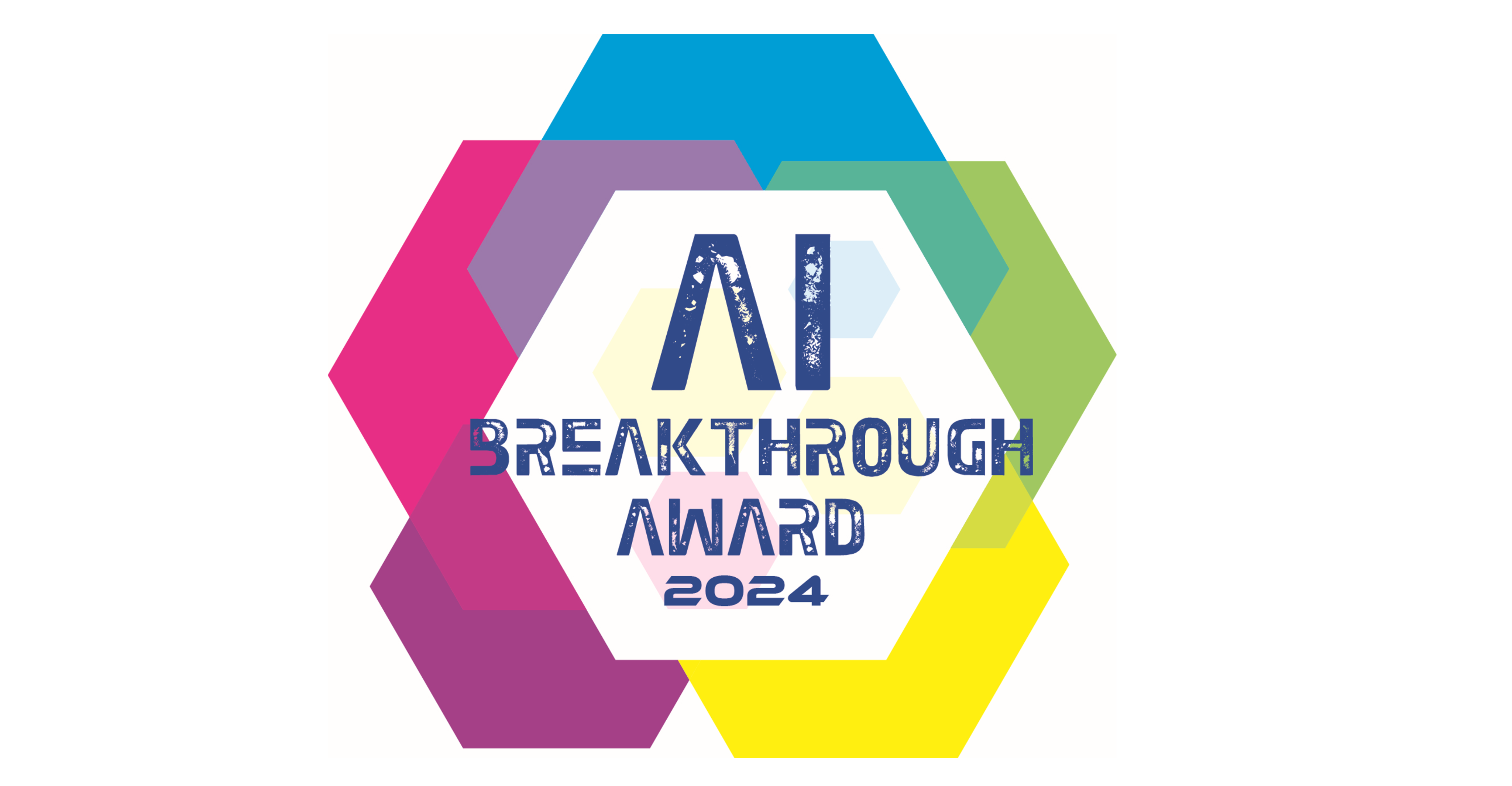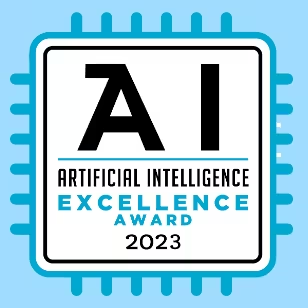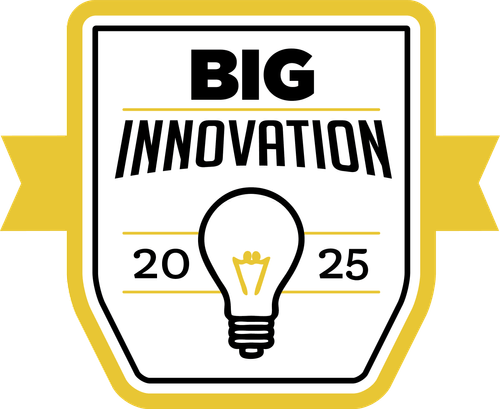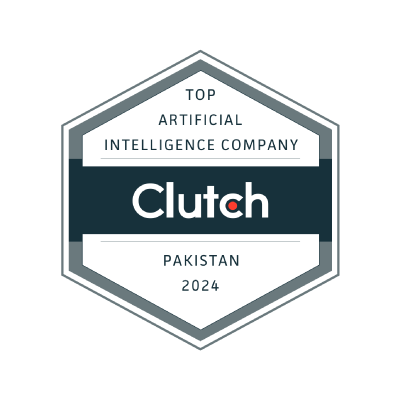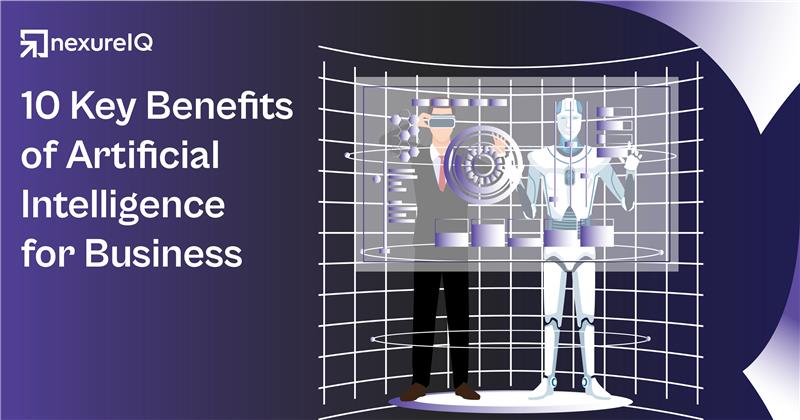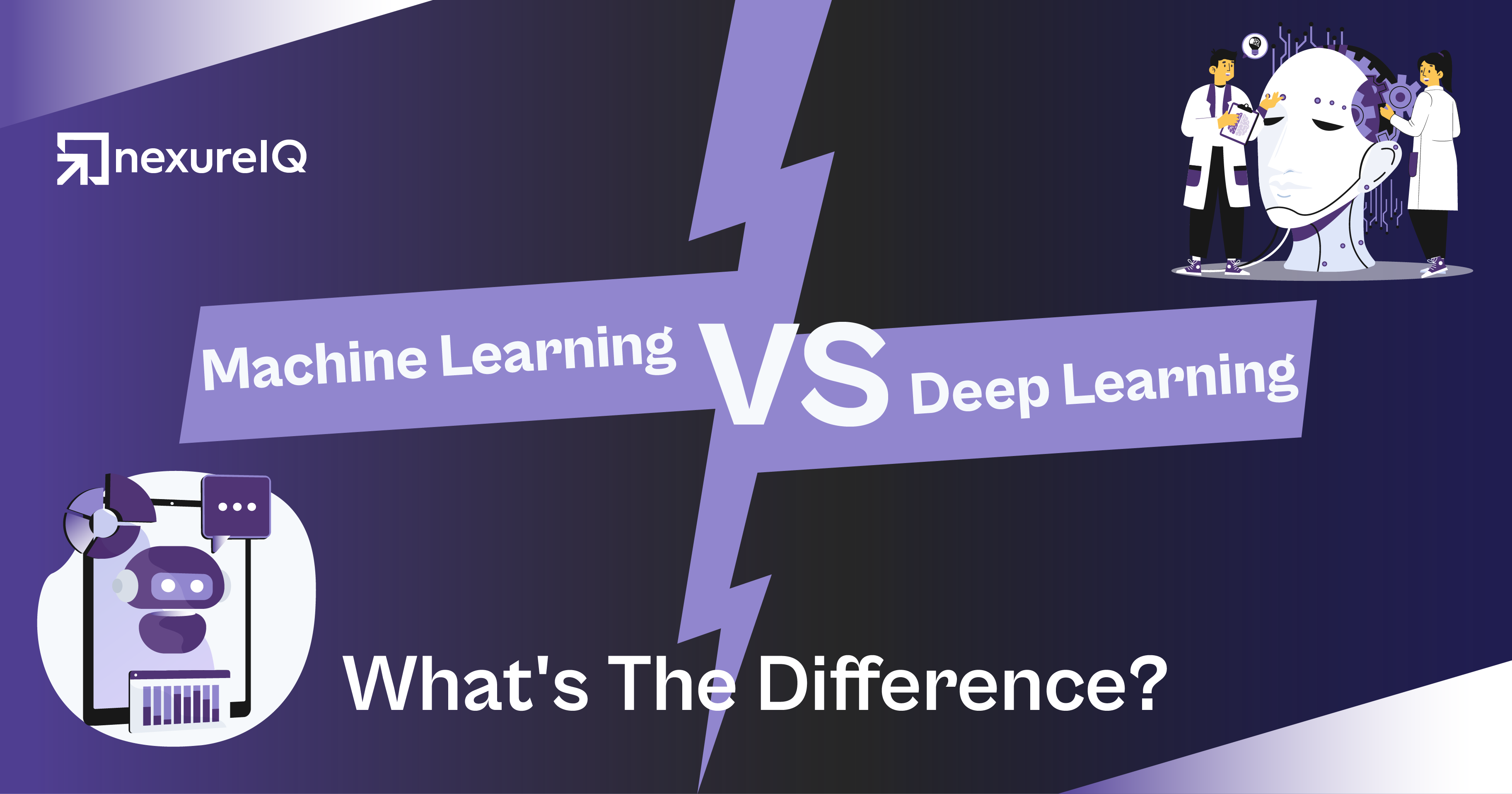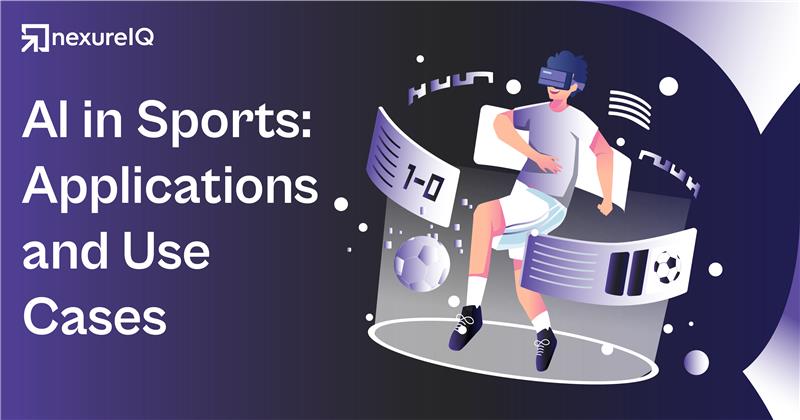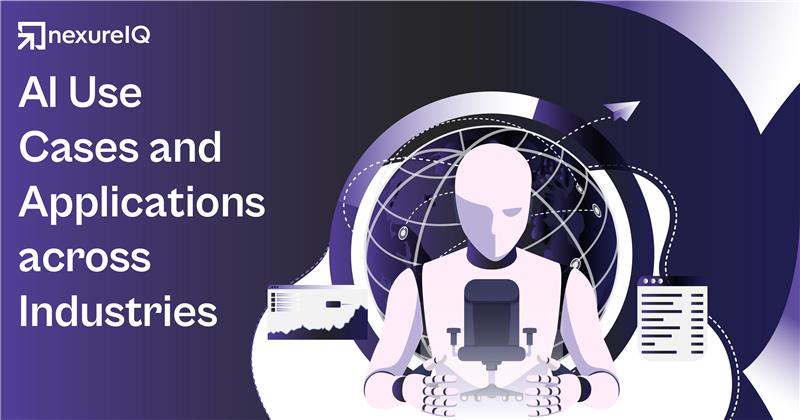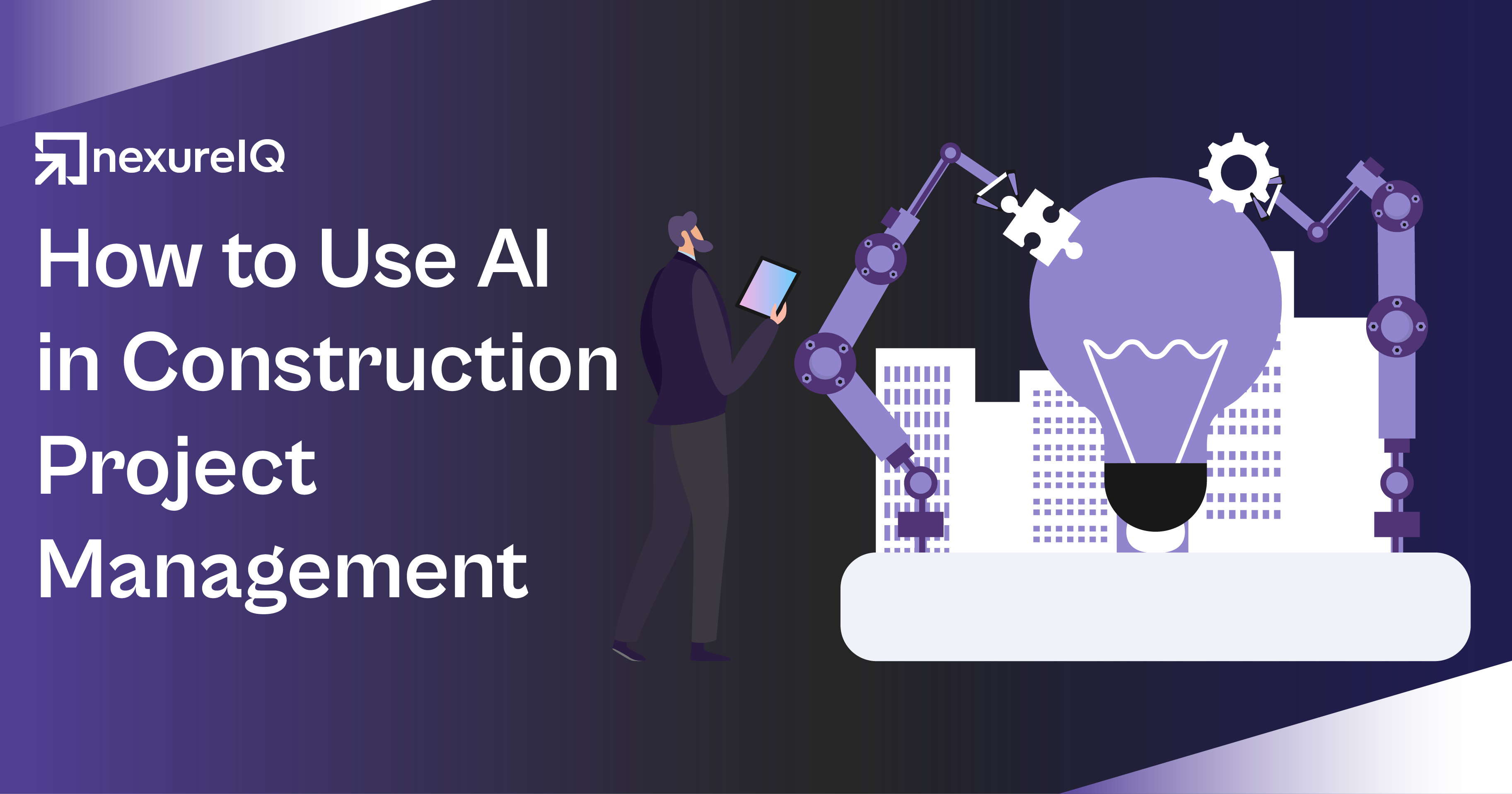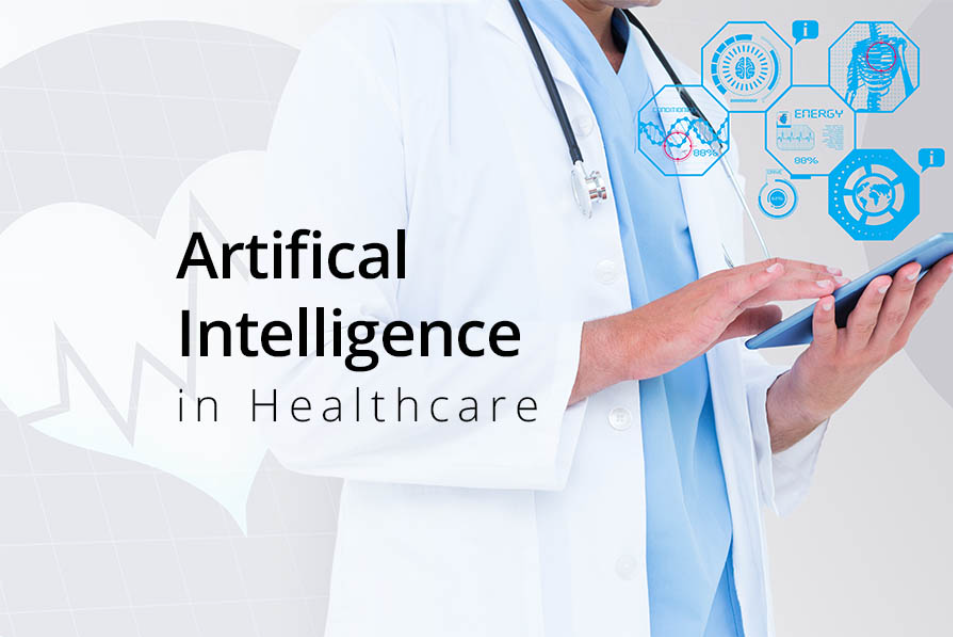Artificial Intelligence (AI) is transforming various industries, and healthcare is no exception. The integration of AI in healthcare is enhancing diagnostic accuracy, streamlining administrative processes, improving patient outcomes, and enabling more personalized treatments. AI development services provided by leading AI development companies are driving this innovation, making medical procedures more efficient and cost-effective. This article explores the impact of AI in healthcare and how it is revolutionizing medicine.
Impact of Artificial intelligence in healthcare
1. AI in Medical Diagnostics
One of the most significant contributions of AI in healthcare is in medical diagnostics. AI-powered algorithms analyze complex medical data, including imaging scans, lab results, and patient history, with exceptional accuracy. Machine learning models, trained on vast datasets, assist radiologists and pathologists in identifying diseases such as cancer, heart conditions, and neurological disorders at an early stage.
For example:
- AI-driven radiology tools detect tumors in X-rays and MRIs with higher precision than traditional methods.
- Pathology AI applications analyze biopsy samples to diagnose diseases more quickly and accurately.
- AI-based dermatology tools identify skin conditions, including melanoma, through image recognition technology.
By enhancing diagnostic capabilities, AI helps doctors make timely and more informed decisions, ultimately improving patient survival rates and treatment outcomes.
2. AI in Drug Discovery and Development
The traditional drug development process is costly and time-consuming. AI accelerates drug discovery by analyzing massive biological and chemical datasets to identify potential drug candidates efficiently. AI-driven simulations predict how different drugs interact with human biology, significantly reducing the time required for preclinical research.
Key advancements include:
- AI-powered platforms screening thousands of chemical compounds to find promising drug candidates.
- AI-driven predictive models identifying potential side effects and optimizing drug formulations.
- AI-assisted repurposing of existing drugs to treat new diseases.
These innovations help pharmaceutical companies reduce research costs and expedite the approval of life-saving medications.
3. Personalized Medicine and AI
AI is enabling precision medicine by analyzing genetic data, lifestyle factors, and patient history to develop personalized treatment plans. AI-powered models predict how individual patients will respond to specific treatments, reducing trial-and-error approaches in medical care.
Examples of AI-driven personalized medicine include:
- AI analyzing genomic data to recommend targeted cancer therapies.
- AI predicting a patient’s response to specific medications based on genetic makeup.
- AI monitoring chronic disease patients to provide tailored lifestyle and medication recommendations.
By providing highly customized treatments, AI enhances patient care and improves the effectiveness of medical interventions.
4. AI in Robotic Surgery
AI-powered robotic surgical systems are revolutionizing complex procedures by enhancing precision and minimizing human errors. These systems assist surgeons with real-time data analysis and robotic-assisted movements that improve accuracy and efficiency.
Notable AI-driven surgical innovations include:
- AI-powered robotic arms providing enhanced dexterity for minimally invasive surgeries.
- AI analyzing real-time patient data to assist surgeons in decision-making.
- Machine learning algorithms predicting potential complications and suggesting corrective actions during procedures.
By integrating AI with robotic surgery, hospitals can reduce complications, shorten recovery times, and enhance surgical success rates.
5. AI in Healthcare Administration
Beyond clinical applications, AI is streamlining administrative tasks, reducing operational costs, and enhancing patient experiences. AI automates scheduling, medical coding, claims processing, and electronic health record (EHR) management, freeing healthcare professionals to focus on patient care.
Examples of AI-driven administrative improvements:
- AI chatbots assisting patients with appointment scheduling and symptom analysis.
- AI-powered EHR systems improving data accuracy and reducing paperwork.
- Predictive analytics optimizing hospital resource allocation and staffing.
By reducing administrative burdens, AI enables healthcare institutions to enhance efficiency and patient satisfaction.
6. AI in Remote Patient Monitoring and Telemedicine
The rise of telemedicine has been accelerated by AI-driven remote monitoring technologies. AI-powered wearable devices collect real-time patient data, allowing healthcare providers to track vital signs and detect anomalies before they escalate into serious health issues.
Key applications of AI in remote healthcare include:
- AI-enabled wearable devices monitoring heart rate, oxygen levels, and glucose levels.
- AI chatbots providing virtual consultations and symptom analysis.
- AI-powered predictive analytics alerting physicians about potential health risks.
These technologies enhance patient access to healthcare services, especially for those in remote or underserved regions.
7. AI in Predictive Healthcare Analytics
AI-driven predictive analytics enables healthcare providers to anticipate disease outbreaks, optimize treatment plans, and improve population health management. By analyzing vast datasets, AI identifies trends, potential risk factors, and early warning signs of diseases.
Examples include:
- AI predicting disease outbreaks by analyzing social media, climate, and epidemiological data.
- AI assessing patient history to identify individuals at risk of chronic conditions.
- AI optimizing hospital resource allocation based on predictive demand modeling.
By leveraging AI-powered predictive analytics, healthcare organizations can enhance preparedness and improve public health outcomes.
8. Ethical Considerations and Challenges in AI Healthcare
Despite the significant advancements, AI in healthcare presents challenges, including data privacy concerns, biases in AI algorithms, and the need for regulatory oversight.
Key concerns include:
- Data Privacy: Ensuring patient data is securely stored and used ethically.
- Bias in AI Models: Addressing biases in datasets to ensure fair and equitable healthcare outcomes.
- Regulatory Compliance: Developing industry standards and guidelines to govern AI applications in healthcare.
As AI continues to revolutionize medicine, addressing these challenges is crucial for ensuring responsible AI adoption in healthcare.
Conclusion
The integration of AI in healthcare is transforming medical diagnostics, drug development, personalized medicine, surgery, and healthcare administration. AI-powered innovations enhance accuracy, efficiency, and patient outcomes, making healthcare more accessible and cost-effective. As AI development services continue to advance, healthcare institutions and AI development companies must collaborate to drive responsible and ethical AI adoption.
By embracing AI-driven solutions, the healthcare industry can achieve groundbreaking medical advancements and improve global health outcomes, shaping a future where AI-powered healthcare is more efficient, personalized, and accessible for all.







